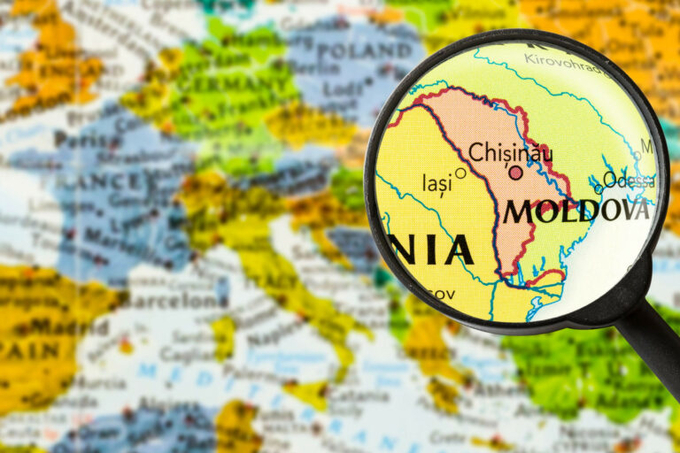November 28, 2025 | 06:06 GMT +7
November 28, 2025 | 06:06 GMT +7
Hotline: 0913.378.918
November 28, 2025 | 06:06 GMT +7
Hotline: 0913.378.918

At a national level, Moldova was allowed to export poultry products to the EU in March 2023. Photo: Canva.
Moldovan authorities indicate that this is an important milestone for the country’s poultry industry, which has been struggling long and hard to become eligible to export broiler meat and eggs to the EU. “The EU is opening its doors wide for producers from the Republic of Moldova,” ANSA claimed.
At the national level, Moldova was allowed to export poultry products to the EU in March 2023. However, it took nearly 1.5 years for the first company, whose name is not specified, to receive permission to begin actual deliveries.
Moldovan President Maia Sandu welcomed the development. In a statement posted on her Facebook page, Sandu stated: “Obtaining the right to export fresh poultry meat [to the EU] shows that Moldovan producers know how to ensure European standards of food safety and high quality.”
The EU is Moldova’s key economic partner. According to the Economy Ministry, 65% of Moldovan exports are sent to the EU market. In 2023, Moldova did not export meat, partly due to the avian influenza outbreaks in the country. These outbreaks significantly undermined the poultry industry’s investment potential, as reported by a local news outlet, Mold Street, citing local market players.
Low capacity utilisation ratio
The Moldovan poultry industry is comprised of 43 industrial farms and nearly 227,000 individual farms, growing around 6 million poultry in total. In addition, 24 slaughterhouses run in the country with an annual capacity of around 45,000 tonnes of broiler meat. Egg production is estimated to be close to 253 million pieces per year.
Under favourable circumstances, Moldova could boost poultry meat production 2 or 3-fold from the current level, the Moldovan poultry manufacturers association claimed in a statement issued a few years ago. Speaking at that time, head of the organization, Nikolay Kovash, claimed that the existing farms operated at a capacity utilisation ratio between 35% and 50%.
To change things for the better, Kovash called for authorities to adopt a comprehensive industry development programme, including protection of the domestic market from imports, lowering VAT for poultry farmers and streamlining state procurement systems. However, the state support system has not changed much in Moldova in recent years.
(Poultryworld)

(VAN) After the institutional merger, Da Nang possesses significant forest-carbon reserves and is proactively engaging in the carbon market, creating a new revenue stream.

(VAN) An Giang strengthens communication against IUU fishing, increases inspections and sanctions, and is determined to remove the EC’s “yellow card” while developing a sustainable fisheries sector.

(VAN) As green transition becomes a global trajectory, Viet Nam’s biggest challenge is not only technology and models, but how to ensure that capital flows reach the right beneficiaries.

(VAN) The Ministry of Agriculture and Environment must spearhead the construction of green governance, spanning decision-making processes and investment standards to policy evaluation mechanisms.

(VAN) The Agriculture and Environment sector of Khanh Hoa has achieved numerous milestones over the past 80 years, contributing significantly to the goal of establishing the province as a centrally governed city by 2030.

(VAN) Viet Nam is entering the pivotal period of 2025-2030, moving toward the formulation of the Remote Sensing Law, which will establish a legal foundation for the development of national digital data.

(VAN) The agricultural sector is finalizing the strategic framework for emission reduction, setting the goal of sharply cutting methane and 403.7 million tons of CO2 equivalent and moving toward Net Zero by 2050.